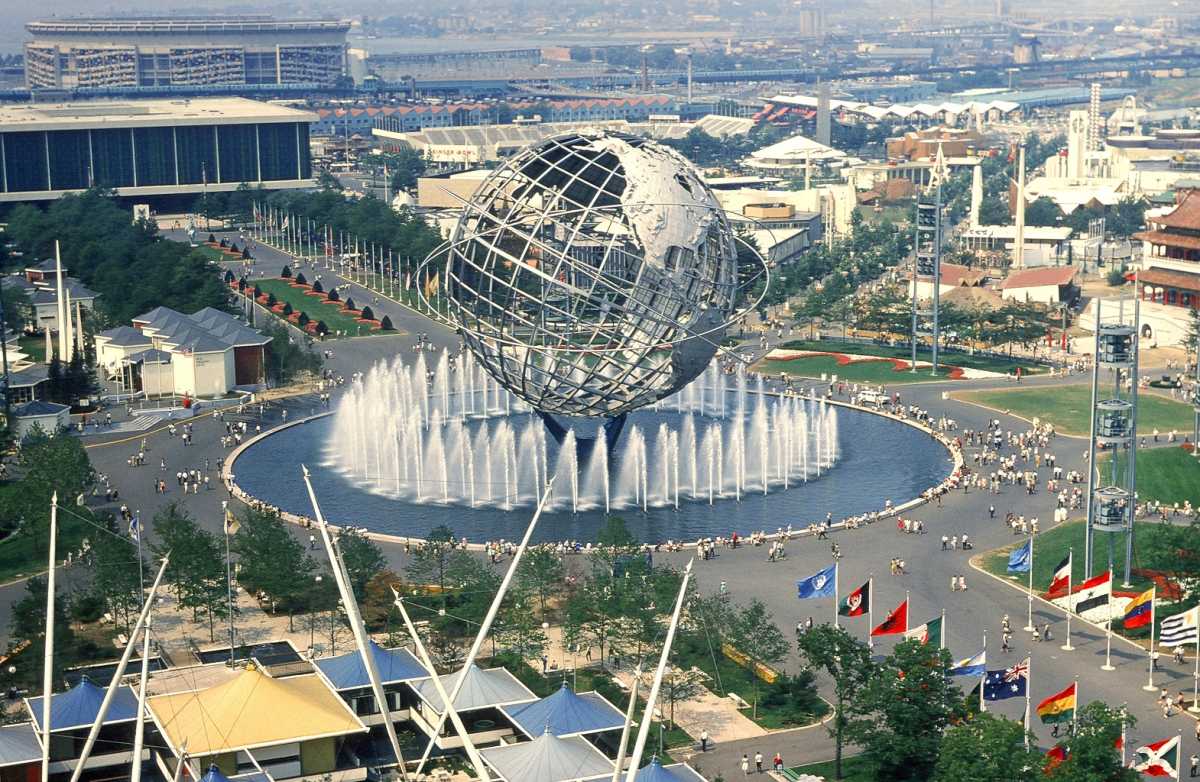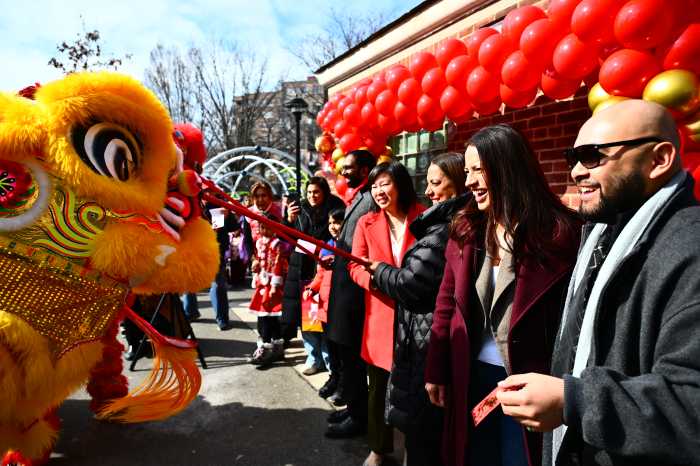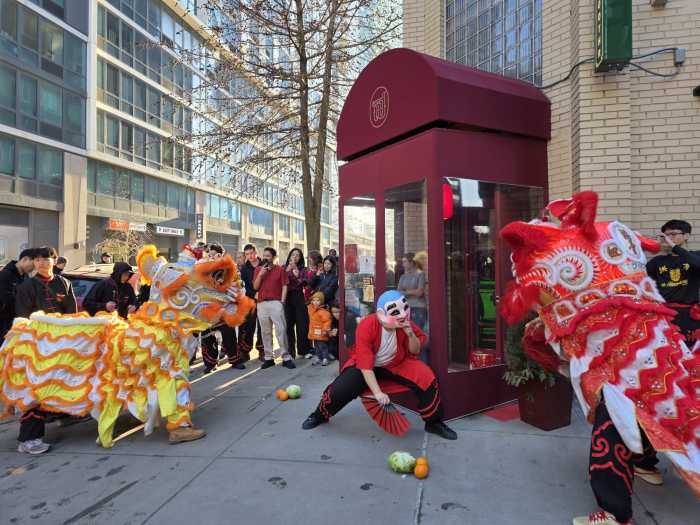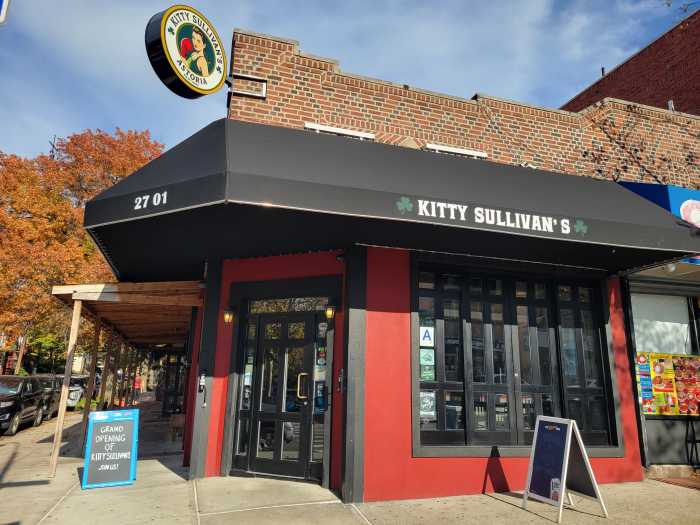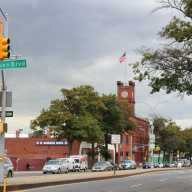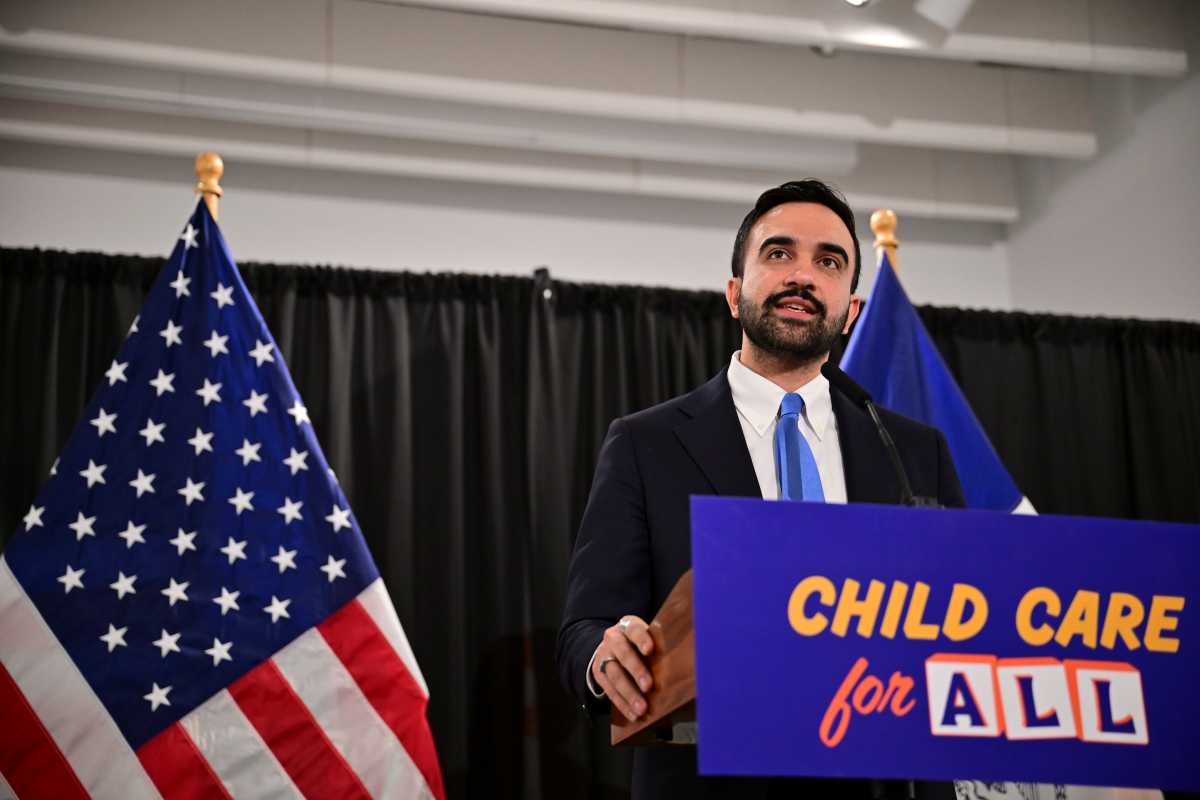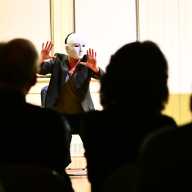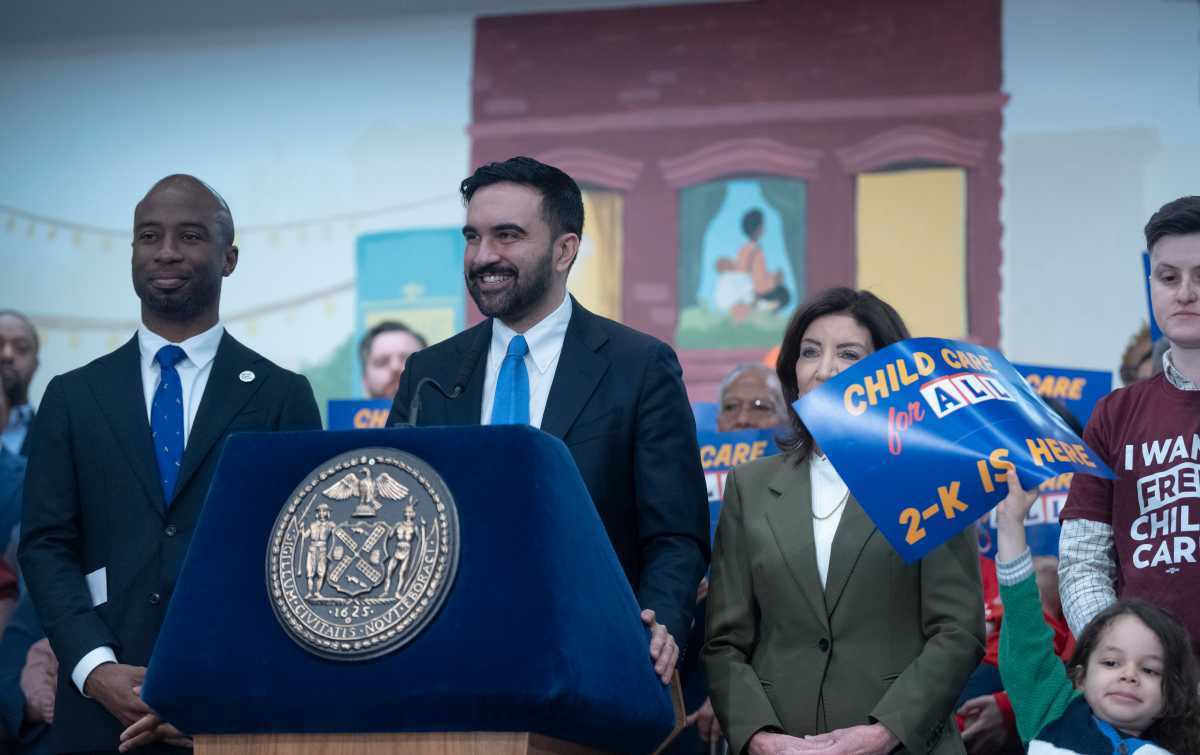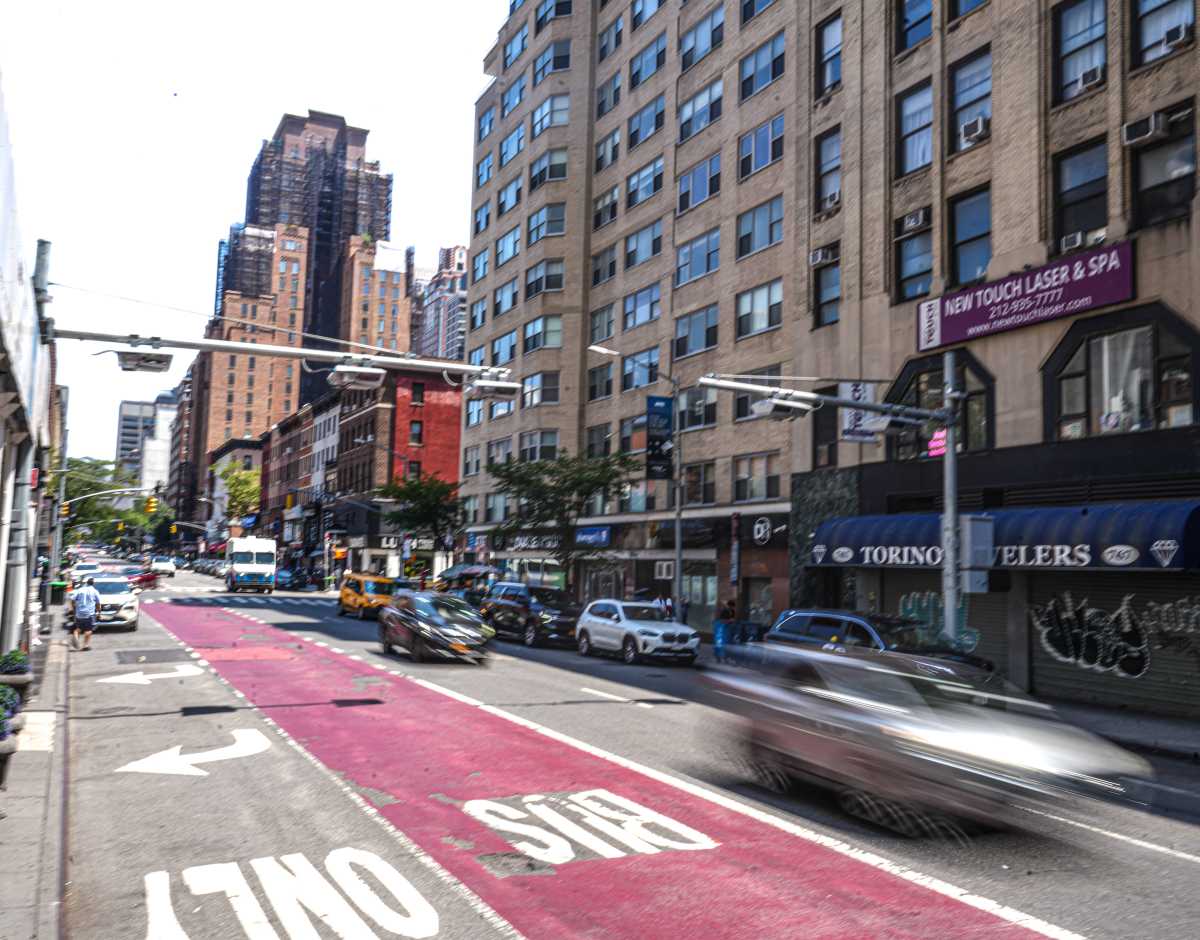Queens residents know firsthand the kind of magic a World’s Fair can bring to a neighborhood, and one startup is hoping to bring the innovation associated with a fair back to the United States.
Michael Weiss of Worlds Fair USA is on a quest to bring a “huge international showcase of the future” to an American city by 2022.
He became obsessed with the World’s Fair after reading “The Devil in the White City,” a 2003 book by Erik Larson that chronicled the 1893 World’s Fair in Chicago and the story of a serial killer who lured his victims from the fair grounds.
Through the book, Weiss learned that 27 million people, or 42 percent of the country’s population, traveled by horse and buggy to the event. It was the first time humans saw electricity on a large scale after Nicholas Tesla lit up the fair grounds in the first large-scale test of alternating current.
“I became captured by the idea and started learning more and more about fairs,” Weiss said. “I came to recognize that seemingly every time a World’s Fair happened the future kind of came along with it.”
The first passenger elevator, telephone and Ford Mustang were introduced at a World’s Fair. During the 1939-40 World’s Fair at Flushing Meadows Corona Park, President Franklin D. Roosevelt’s speech was broadcast over television sets throughout the New York City metro area for the first time.
Weiss and his staff of four full-time members and 12 part-timers have laid out a timeline to raise money, pick a location and develop the fair grounds. So far, the group has identified three 500-acre sites in New York, Chicago and Houston that may work for their plan.
The group plans to purchase and develop a site that currently has no use and wants to convert the fairgrounds for long-term use.
“We’re super-focused on having a dual-purpose design to the fairground for the World’s Fair but also as a permanent, sustainable community after the event,” he said.
Weiss said his company views this plan as a real estate project that is subsidized by the revenues of the fair.
The last World’s Fair in America was held in New Orleans in 1984. In 2002, the United States withdrew its membership from the Bureau of International Expositions (BIE), the intergovernmental organization in charge of overseeing and regulating World Expos.
According to Weiss, the United States did not pay its annual treaty fee of $25,000 and Congress decided against holding World’s Fairs — or as they are now called, World’s Expos — in the country.
“BIE is a 169-member organization,” Weiss said. “We’re in the minority of developed countries that are not a part of it.”
Worlds Fair USA is the first privatized production of a World’s Fair in history; the 1964-65 World’s Fair was a public-private endeavor between the city and various corporations. Other organizers have tried gaining approval from the BIE but have had no luck.
Weiss thinks the decision of United States to stop hosting these fairs was a mistake and hopes to create an event where communities and companies are engaged in creating the future. Though the group has not decided on a theme, Weiss said some obvious choices include creating a sustainable future through renewable energy and fostering more connected cities through technology.
“America still is the main kind of creator of the future,” he said. “Most of the technology progress that is spread to the world starts in America and it only makes sense that the U.S. is the best place to host this huge international showcase of the future.”
To raise money, Weiss and his team are growing a “future- and tech-oriented business” that will also expose people to the latest in technology. On Aug. 6 and 7, the company will host a two-day event in Manhattan called Worlds Fair Nano that Weiss describes as a “mini World’s Fair.”
Tech exhibitors like FUSAR will allow patrons to take a virtual motorcycle ride using its helmet cam technology. XCraft will reveal their fleet of next-generation camera drones and allow attendees to fly them.
Worlds Fair USA will host these events throughout the country to engage tech leaders and enthusiasts and drum up support for his plan.
Weiss declined to disclose how much money the group has raised so far but it is estimated that hosting this event will cost upwards of $16 billion. In order to achieve their timeline, the group would have to break ground on a site in 2018. For comparison, Dubai is preparing to break ground on its site for the 2020 World’s Expo.
“We just believe that a World’s Fair is amazing and creates a deadline for progress and we believe that effect would happen from whichever U.S. city can sustain a World’s Fair,” Weiss said.
To get involved, email Weiss at info[at]worldsfairusa.com.

